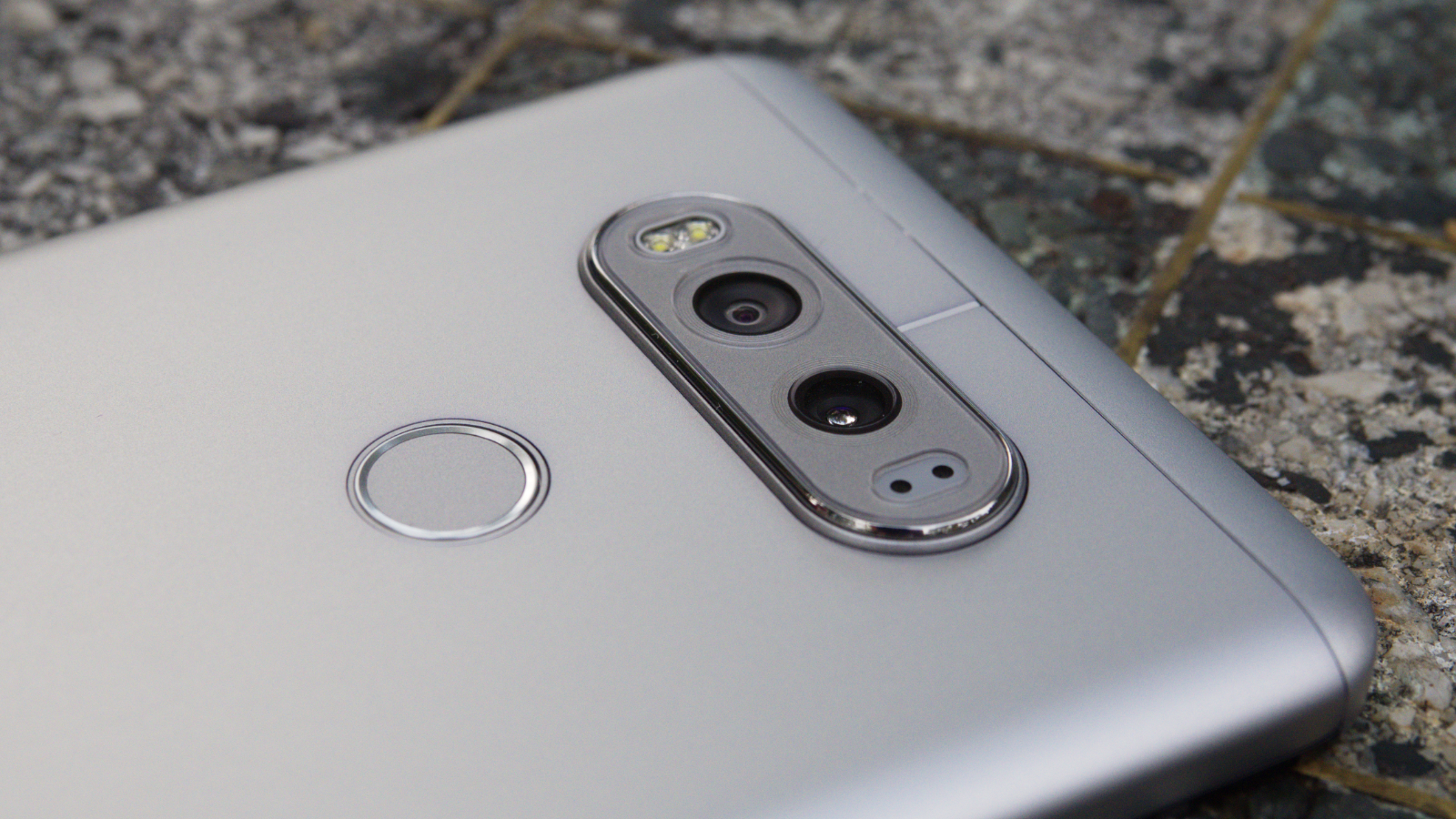
LG has revealed that it'll launch its flagship V30 at the end of August, and the company has also announced that its latest smartphone will feature a dual camera with a f/1.6 maximum aperture lens (or lenses?).
This will see the LG V30 take the crown of the 'fastest' lens on any flagship camera, beating both the f/1.7 optic on the Samsung Galaxy S8 and the f/1.8 wide-angle lens on the iPhone 7 Plus (its telephoto lens is a bit slower at f/2.8).
Why's this such a big deal? The 'faster' the lens, the more light can be funnelled through to the sensor, which in low light conditions can be really useful, as it allows the camera to use a faster shutter speed and/or lower ISO sensitivity, which should deliver cleaner and less fuzzy-looking images.
A wide aperture also impacts on depth of field, although the effect is usually negligible on a smartphone due to the minimal distance between the lens and the sensor (not forgetting the sensor's very compact dimensions) compared to most cameras.
There's more to image quality
So will the V30 deliver the best image quality we've seen from a flagship smartphone, at least in poor light? Possibly.
You'd always want the fastest lens available to provide that extra bit of flexibility, but the maximum aperture of the lens is only part of the story when it comes to outright image quality.
There's the quality of the lens optics to consider, while the sensor plays a key part as well – and it's not just about the number pixels on the sensor, with the physical size of the sensor playing a part too.
Sign up for breaking news, reviews, opinion, top tech deals, and more.
The larger the sensor, the larger the pixels (or photosites, as they're properly called) can be, which in turn increases the sensor's light-gathering capabilities, allowing the camera to deliver images that have less image noise (that grainy look you can often get in smartphone shots taken in poor light) and retain more detail.
A good example of this last factor is when you compare the Samsung Galaxy S8's 1/2.5-inch sensor to the slightly smaller 1/3.0-inch sensor on the iPhone 7 Plus, with the Galaxy S8 just edging the 7 Plus for image quality in our tests.
So while it's certainly great to see LG pushing its optics even further, until we know more about the size of the sensor and resolution the V30 will feature we'll have to reserve judgement.

Phil Hall is an experienced writer and editor having worked on some of the largest photography magazines in the UK, and now edit the photography channel of TechRadar, the UK's biggest tech website and one of the largest in the world. He has also worked on numerous commercial projects, including working with manufacturers like Nikon and Fujifilm on bespoke printed and online camera guides, as well as writing technique blogs and copy for the John Lewis Technology guide.